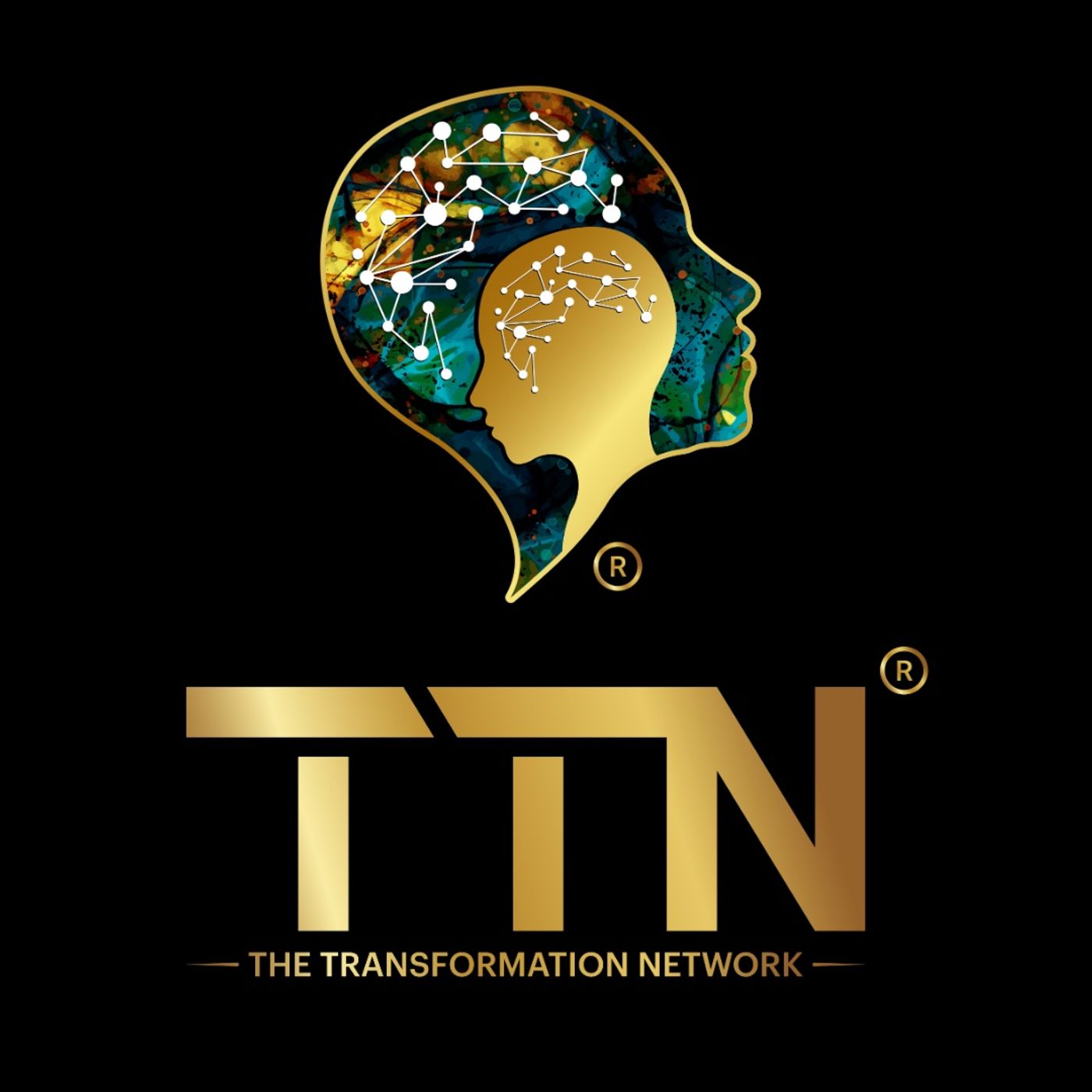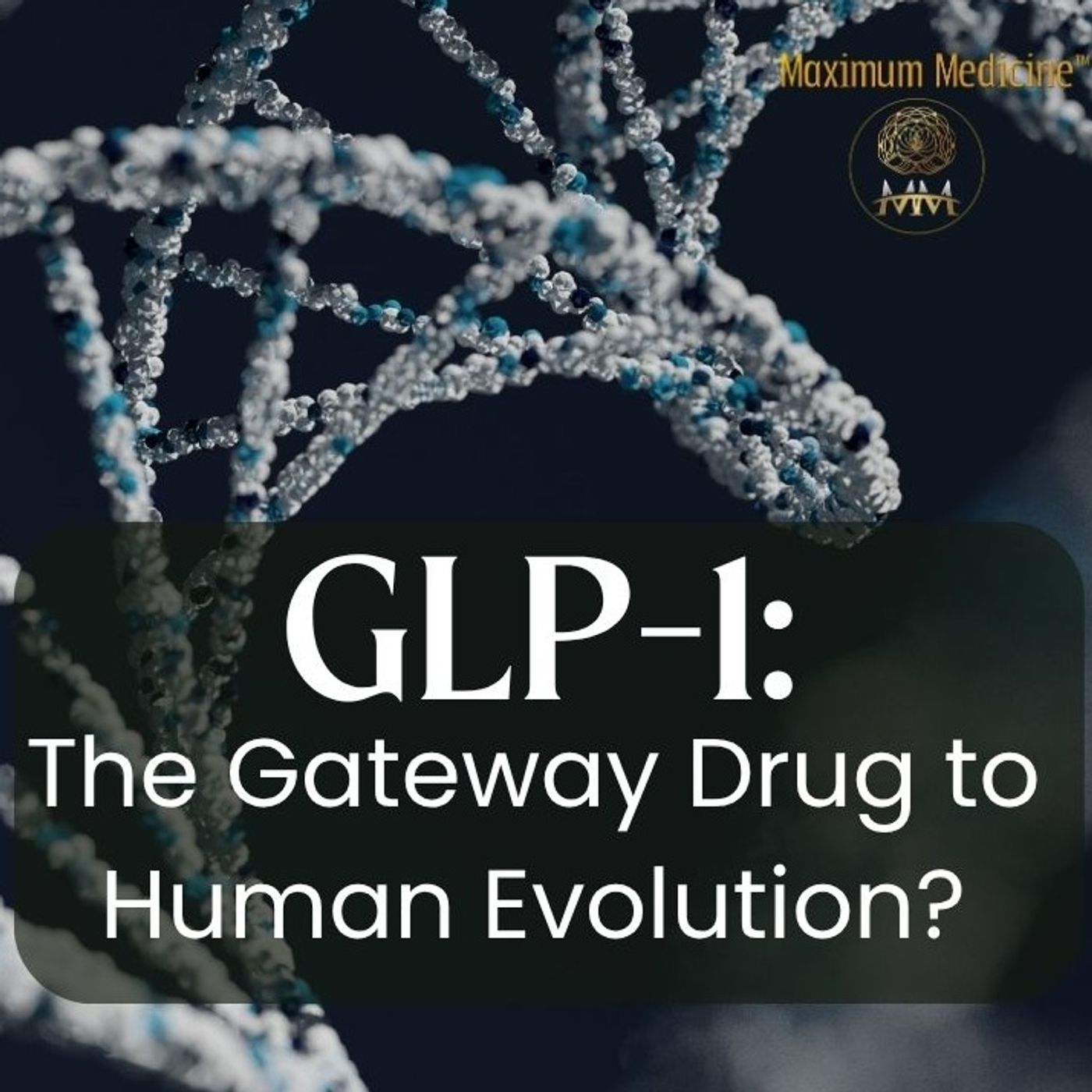When the People Pull the Plug: The Nov 25-Dec 2 Economic Blackout & What It Means for Power
Update: 2025-11-19
Description
When the People Pull the Plug
In this episode we examine how comedian Josh Johnson challenges the commodification of identity; and how movements like "Blackout the System" (Nov 25–Dec 2) help people reclaim civic and moral agency over economic dependence. This deceptively simple, yet powerful critique of how capitalism commodifies identity and reduces our roles in society to economic functions rather than human or civic ones. When Johnson says “I am not a consumer; I am a citizen”, he’s rejecting the idea that his primary purpose in society is to buy, use, or dispose of things. By contrast, a citizen carries a sense of belonging, responsibility, and participation. A citizen contributes to shaping society — they vote, advocate, care, build, protect, and question. It's a reminder that citizenship is not transactional — it’s transformational.
The "Blackout the System" movement is a living example of this rejection of commodified identity. By pausing consumption, we shift from the identity of consumer to citizen; from customer to constituent. That act — symbolic and strategic — forces society to see that the system runs on our consent and engagement, not on its own momentum. It invites people to withdraw their economic participation as an assertion of civic consciousness.
3 Fundamental Questions:
In this episode we examine how comedian Josh Johnson challenges the commodification of identity; and how movements like "Blackout the System" (Nov 25–Dec 2) help people reclaim civic and moral agency over economic dependence. This deceptively simple, yet powerful critique of how capitalism commodifies identity and reduces our roles in society to economic functions rather than human or civic ones. When Johnson says “I am not a consumer; I am a citizen”, he’s rejecting the idea that his primary purpose in society is to buy, use, or dispose of things. By contrast, a citizen carries a sense of belonging, responsibility, and participation. A citizen contributes to shaping society — they vote, advocate, care, build, protect, and question. It's a reminder that citizenship is not transactional — it’s transformational.
The "Blackout the System" movement is a living example of this rejection of commodified identity. By pausing consumption, we shift from the identity of consumer to citizen; from customer to constituent. That act — symbolic and strategic — forces society to see that the system runs on our consent and engagement, not on its own momentum. It invites people to withdraw their economic participation as an assertion of civic consciousness.
3 Fundamental Questions:
- What happens when we withdraw our labor and money from the system?
- How do everyday people build power?
- How does this relate to systemic economic injustice, corporate control, and community resilience?
Comments
In Channel

















